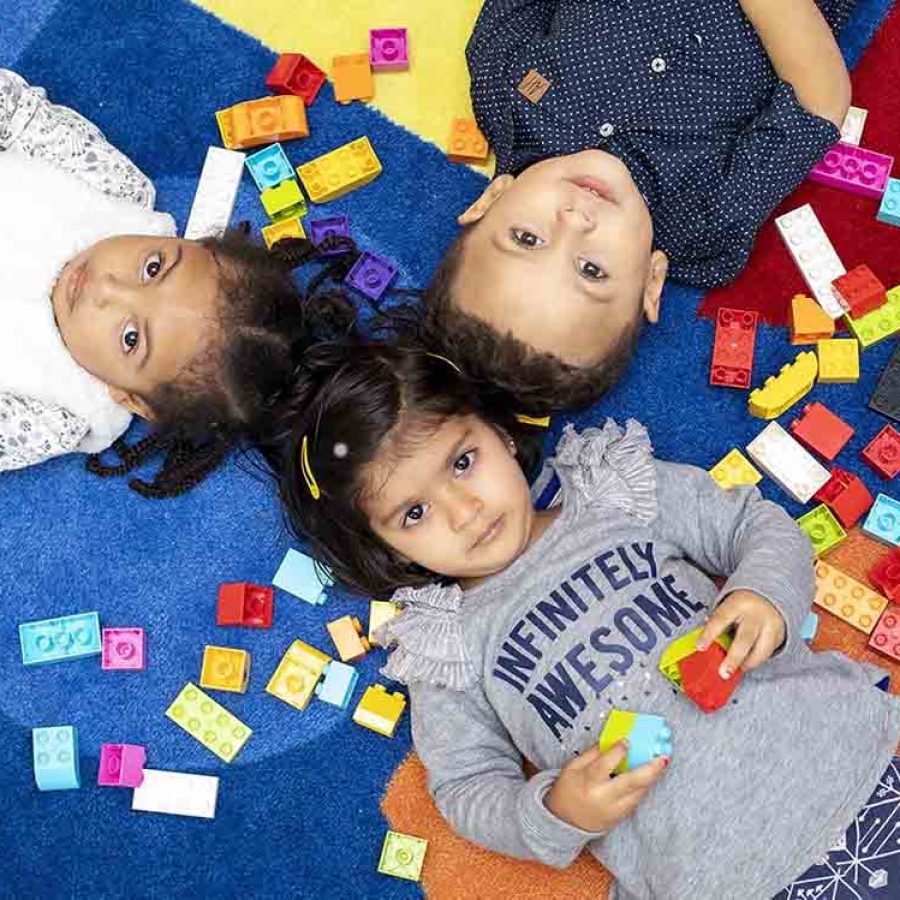People who work with early childhood education have likely already heard of the 3 R’s in education. For decades, these three disciplines have represented the basic knowledge that all students need to succeed in their school journey: Reading, Writing, and Arithmetic.
Although all the three components of this triad don’t actually begin with the letter R, they read as if they did. That’s why it became popular with the 3 R’s in education!
How does the 3 R’s affect early childhood?
For a very long time, it’s been conveyed that the classic 3 R’s of education were the backbone of basic education.
This is somewhat still true! After all, these skills provide students with the building blocks for literacy, expression, and quantitative reasoning.
What is the educational value of each R?
In order to succeed in their future, children need to be supplied with abilities to express themselves through writing, knowing how to read and elucidating what they’ve learned through reading, while also being comfortable with mathematical activities.
So, yes, the classic 3 R’s still stand their educational value!
However, today’s children face different challenges than existed when that triad was first introduced. In an increasingly technological world and a highly competitive environment for the best schools, the best jobs, and the most successful careers, today’s kids have a new set of three R’s.
Understanding the new 3 R’s of education
The world has changed drastically over the past decades. Technology is no longer a distant subject, as it impacts our everyday lives – and even as children learn.
In order to succeed in an ever-changing society, children need to be able to navigate through these changes. Adaptability, curiosity, problem-solving skills, critical thinking and collaboration are all capabilities that help us through the challenges we face everyday.
The 3 classic R’s in education, as valuable as they are, don’t exactly grow these skills in children. Although they can be tools to help children develop these capabilities, perfecting the skills that will allow students to grow those subjective and emotional abilities should be an effort of its own.
Take a look at the new 3 R’s in education that help children grow behavioral and subjective skills.
Reason
Problem-solving is a skill everybody needs regardless of their age, profession, or career. Teaching young children how to approach difficult and challenging problems with a mind toward finding workable solutions begins as early as preschool or kindergarten.
Rational thinking skills can be taught to even the youngest child, especially in a safe, nurturing environment in which they can develop their own personal value systems in a social setting with children their own age.
Reason also relates with rigor and resilience. These complementing characteristics combined are expected to allow children to grow their critical thinking. Also, diving deep in a given topic to actually understand it. It’s about knowledge actually absorbed and applied.
Respect
Being aware of the needs of others and respecting their value as fellow human beings is another critical learning skill children need to learn at an early age.
As the world becomes more technologically linked together, it becomes smaller. And tomorrow’s generation of leaders will have to deal with more globalization and social interaction with a wider variety of people from different backgrounds and cultures.
When we think of kids growing up, we want them to be surrounded with healthy relationships – good people that will add value and positivity to them.
Many times, being able to keep nice people around you revolves around respecting them. It’s also about learning how to foster positive connections – between students, teachers, and the whole community around them.
In both professional and personal perspectives, respect can read as collaboration and social skills.
Responsibility
As a final resource, we have responsibility. We can think of it as a skill that wraps all those other features together.
Tomorrow’s leaders will face a future that requires a different approach to the environment and society. While today’s grownups can debate things like climate change, the next generation of leaders are likely to have real, immediate problems to resolve.
Teaching kids early about the value of responsibility can help prepare them to overcome the inevitable obstacles their generation is likely to face in the future.
Responsibility reads as perceiving and understanding the world around you. Analyzing how people can collaborate and are in charge of changing the world around them – even in its small sections, like a community they are a part of.
Being responsible also is connected to respecting people and environments. Being able to stand up and react when something is not right and needs to be corrected.
These new three R’s: Responsibility, Reason, and Respect are no joke. They are the foundation upon which tomorrow’s leaders can learn the skills they will need to succeed.
AEA believes in incorporating the 3 R’s of education into STEAM, an educational methodology that encourages developing their best version – in the present, and also for the future.
Learn more about AEA’s educational programs!



